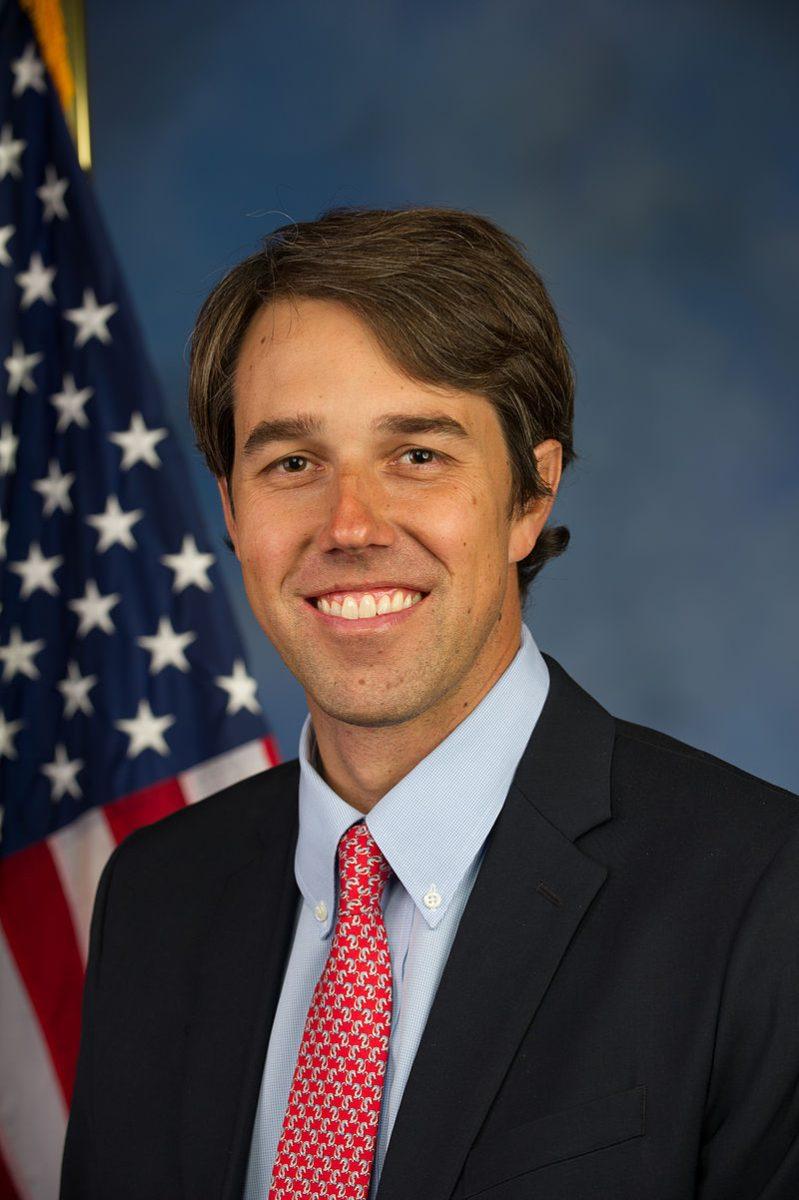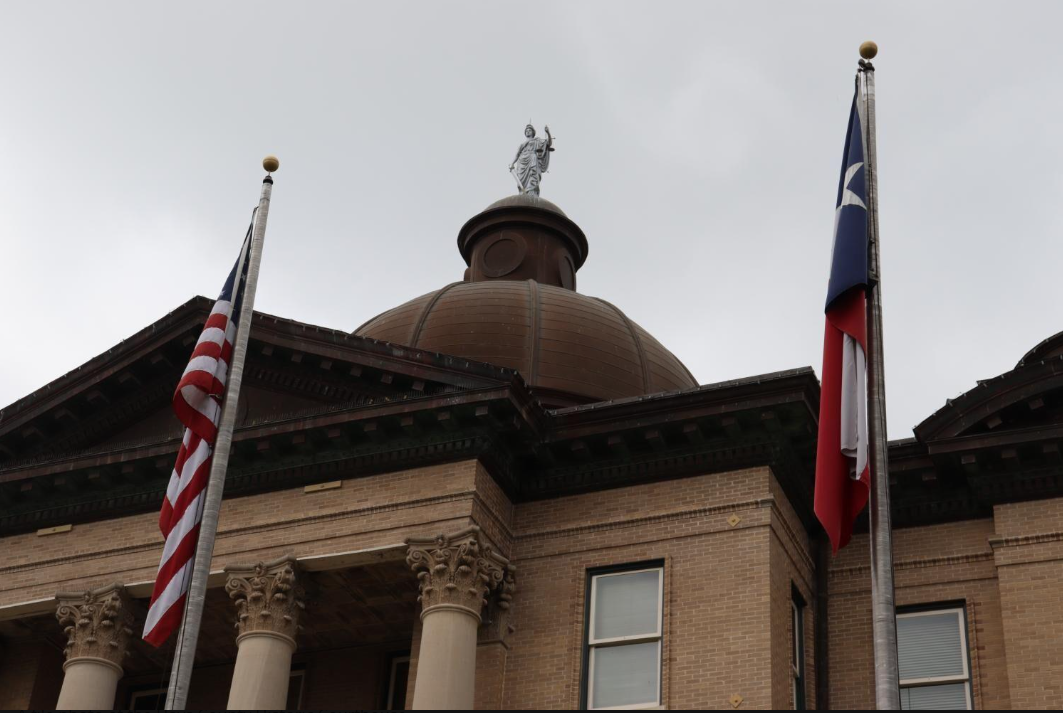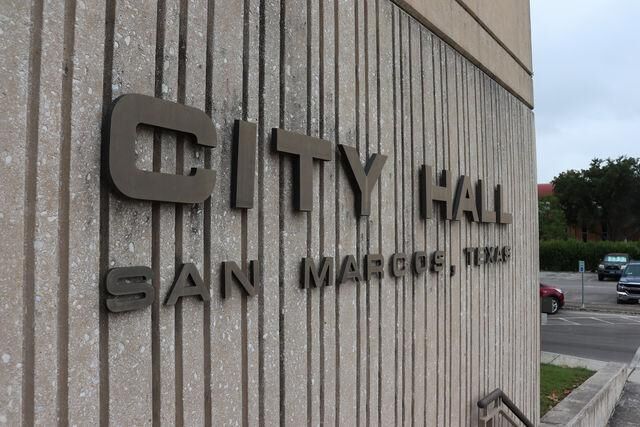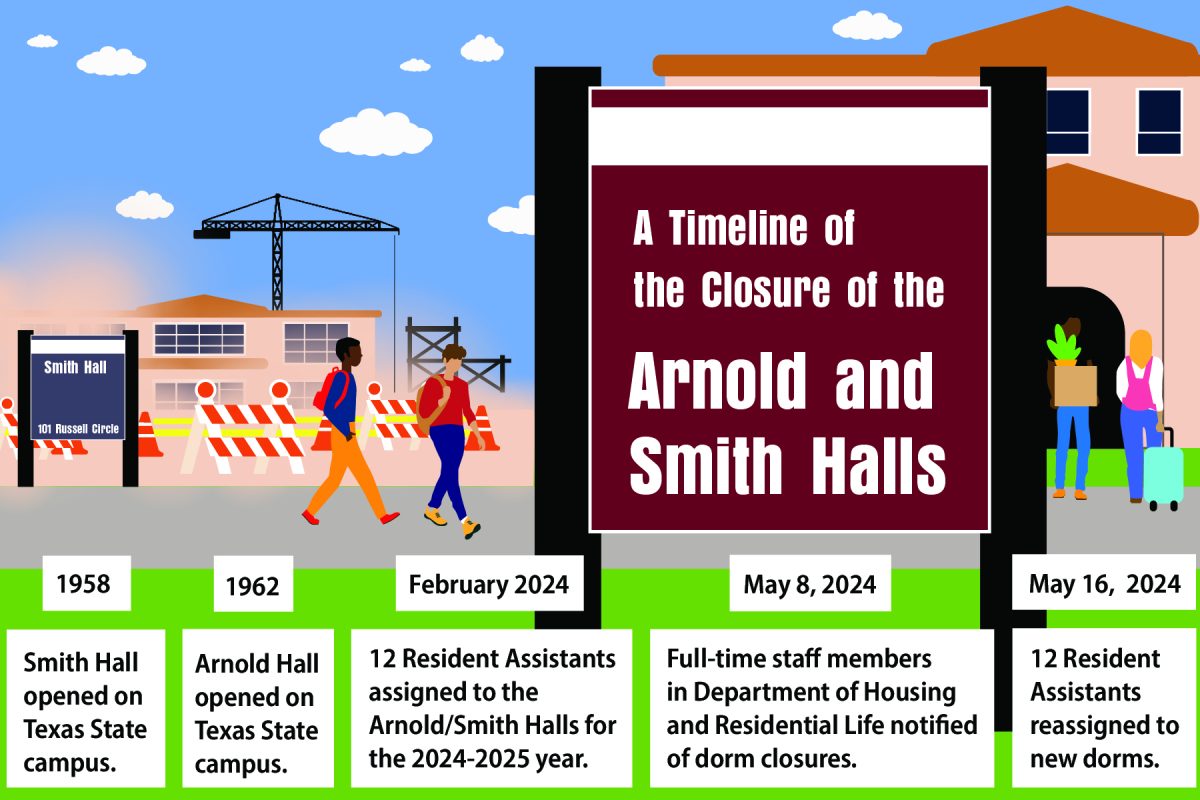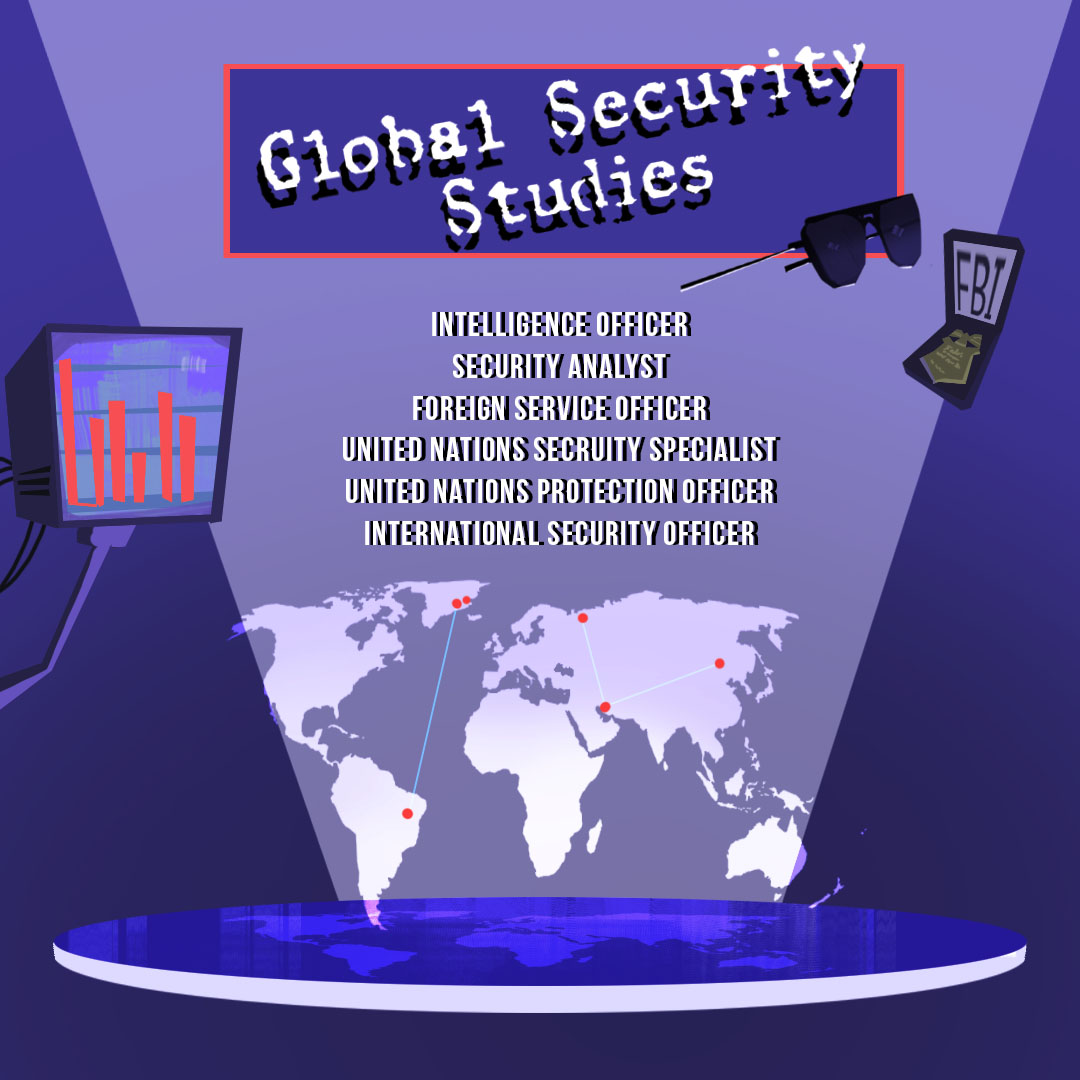Congressman Beto (Roberto) O’Rourke, Texas’ 16th Congressional District, is currently campaigning to unseat Senator Ted Cruz in next year’s midterm congressional election. Beto is running as a democrat.
Here is what he had to say in a Q&A:
Q: When did you start running for U.S. Senator for Texas – for the 2018 midterms?
A: March 31 of this year we launched the campaign in El Paso, and except for D.C. voting and working with political procedure, I’m travelling Texas. We were going to a lot of places many people don’t traditionally go to.
For example, La Grange. One La Grange resident told me, “This is the first time in 40 years that a U.S. candidate has campaigned in La Grange.” It feels good to be where candidates have not been showing up traditionally because everybody deserves to be represented.
Q: Considering your Ted Talk video on “The Border Makes America Great,” would you be able to sum up your plan to legislate against the construction of the border wall?
A: First, the U.S.-Mexico border has never been safer than it is today, and that’s in any way you want to measure it: in terms of safety of communities like El Paso that are very defining cities of the U.S.-Mexico border, whether what the dollar amount is what we spend on the border today was five years ago, and it goes on, so, there’s no need for a wall.
You cannot just stop something without replacing the problem with something better. There is a larger question of, how do we meet the interest in what’s going on in the border and immigration and provide a more positive alternative?
That will come from the politics of Texas and the binational relationship with between the United States and Mexico. Texas should be re-writing our immigration laws. To create a legal, plausible path for someone to achieve citizenship is crucially important. What we see is that places like San Marcos and more northern panhandle cities, as far as relation to Texas Laws, have seen the benefit of immigration. We need to make a more revised legal path. The back of the line [for citizenship] stretches 15-20 years behind. It’s not that simple to get here.
Q: The Texas Tribune gave you a live, thorough interview earlier this year and recently reported that you currently yield more revenue than Ted Cruz. What have been your biggest challenges facing Republican and Democratic opponents in your candidacy?
A: Of course, running against a Republican incumbent is always an uphill battle. Some have tremendous fundraising and Ted Cruz specifically campaigns on PAC money. So, millions upon millions of dollars that are connected to corporations or special interests. I don’t take PAC money. Some folks see this as a disadvantage, but many people are drawn to someone not just grabbing for money. I know this is the right way to run it, especially for people who are turned off political campaigning.
Q: Since people value strength in their leaders, how do you plan on representing equality while also representing strength?
A: I don’t believe the two are mutually exclusive. One is very much part of the other. So, when we are able to receive the full potential of everyone in the state regardless of anything that otherwise differentiates us by race, gender, sexual orientation and on. We are so much stronger because we are taking in the best of everyone. I look at being compassionate by welcoming courage. Courage is the antidote to the weakness of mean-spiritedness and efforts to divide us by our differences. I believe it is a strong Texas value to embrace anybody who has anything to offer.
We should say, “If you’re in Texas, let’s make sure that you are getting the most out of what you have to give, regardless of where you are and who you are.” What’s important is that you’re here and you have this opportunity.
Q: Issues such as SB 4 are being litigated against and actions in Austin and surrounding areas and counties are taking lawsuit against the bill. San Marcos has recently voted to file an amicus curiae brief, reconsidering its position to join suit. How many Texas cities have you noticed “flipping” ideas on issues such as SB 4 and what seems to be the reason why cities are flipping its decisions?
A: I believe it’s really important to have the courage of your conviction, whatever it is, and you should listen to your constituents and those who disagree with you. You want that decision you make to be in the best interest of the state and the country. You always want to make decisions for the next generation, not the next election. When you act in the ways I said before, I see people flipping votes less. I believe it is because they have that courage in their convictions.
Q: When do you plan to come back to San Marcos?
A: I want to go back to San Marcos soon. We are trying to visit as many college campuses as possible. Our first visit was in April, and I thought it was positive. I enjoyed it and all the people we met from San Marcos who came from other places in Texas. San Marcos is a place full of many stories from many places. We are coming back soon.
Q&A: Democratic senate candidate Congressman Beto O’Rourke
September 14, 2017
Donate to The University Star
Your donation will support the student journalists of Texas State University. Your contribution will allow us to purchase equipment and cover our annual website hosting costs.











